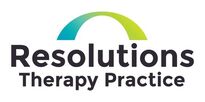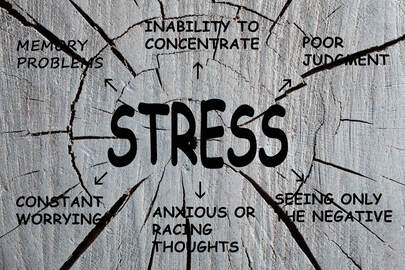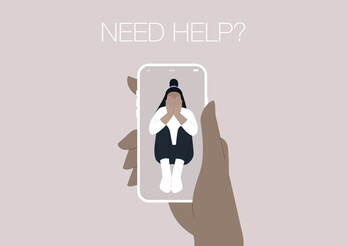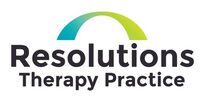|
Depression can feel like a heavy fog, obscuring the path to happiness and self-discovery. But within each of us lies the power to navigate through this mist, and journaling can be a beacon of light guiding the way. Combined with professional therapy, this practice can be a powerful tool in your journey towards healing and understanding.
0 Comments
In our increasingly digital world, the constant buzz of notifications, endless social media scrolling, and the pressure to always be "connected" can take a toll on our mental health and well-being. While technology offers numerous benefits, finding a balance between our online and offline lives has become more crucial than ever.
Living with anxiety can feel like an uphill battle, but there are powerful tools at your disposal to help manage your symptoms and cultivate a more positive mindset. One such tool is the use of positive affirmations. When combined with professional therapy, these simple yet effective statements can be transformative in your journey toward mental well-being.
Neurodivergence is a term that has gained significant attention in recent years, but what does it really mean? At its core, neurodivergence describes individuals whose brain differences affect how their minds work. These differences lead to unique strengths and challenges that set them apart from those considered neurotypical.
In an age where social media is deeply embedded in our daily lives, its impact on mental health has become a topic of significant concern. Platforms like Facebook, Instagram, and TikTok offer unprecedented opportunities for connection and self-expression, but they also come with challenges that can affect our mental well-being, particularly for younger people.
In recent years, the link between nutrition and physical health has been extensively documented and widely accepted. However, the impact of nutrition on mental health is an emerging field that deserves just as much attention. What we eat doesn't just affect our bodies; it profoundly influences our brains and, consequently, our mental well-being. Understanding this relationship can empower us to make dietary choices that support both our physical and mental health.
In the hustle and bustle of modern life, the importance of mental health has never been more pronounced. While therapy provides a structured environment for addressing deep-seated issues, incorporating self-care practices into your daily routine can significantly enhance the therapeutic process. Together, therapy and self-care create a powerful synergy that promotes holistic well-being. Here are some ways self-care can help amplify the benefits of therapy.
April is Stress Awareness Month, a time to focus on recognizing the causes of stress in our lives and learning strategies to manage it effectively. Stress is a natural response to challenges and demands, but when it becomes chronic, it can have serious consequences for our physical and mental health.
Finding hope with therapy can be an incredible journey towards healing and understanding. It provides a safe space to explore your thoughts, emotions, and experiences, guided by a trained professional who can offer support, insight, and tools for coping and growth.
Therapy can be a crucial and effective component in addressing addiction and supporting individuals on their journey to recovery.
|
Archives
July 2024
Categories
All
|
We help you find the tools you need to make desired changes in your life and to sustain those changes for the rest of your life.
SCHEDULE AN APPOINTMENT











 RSS Feed
RSS Feed

